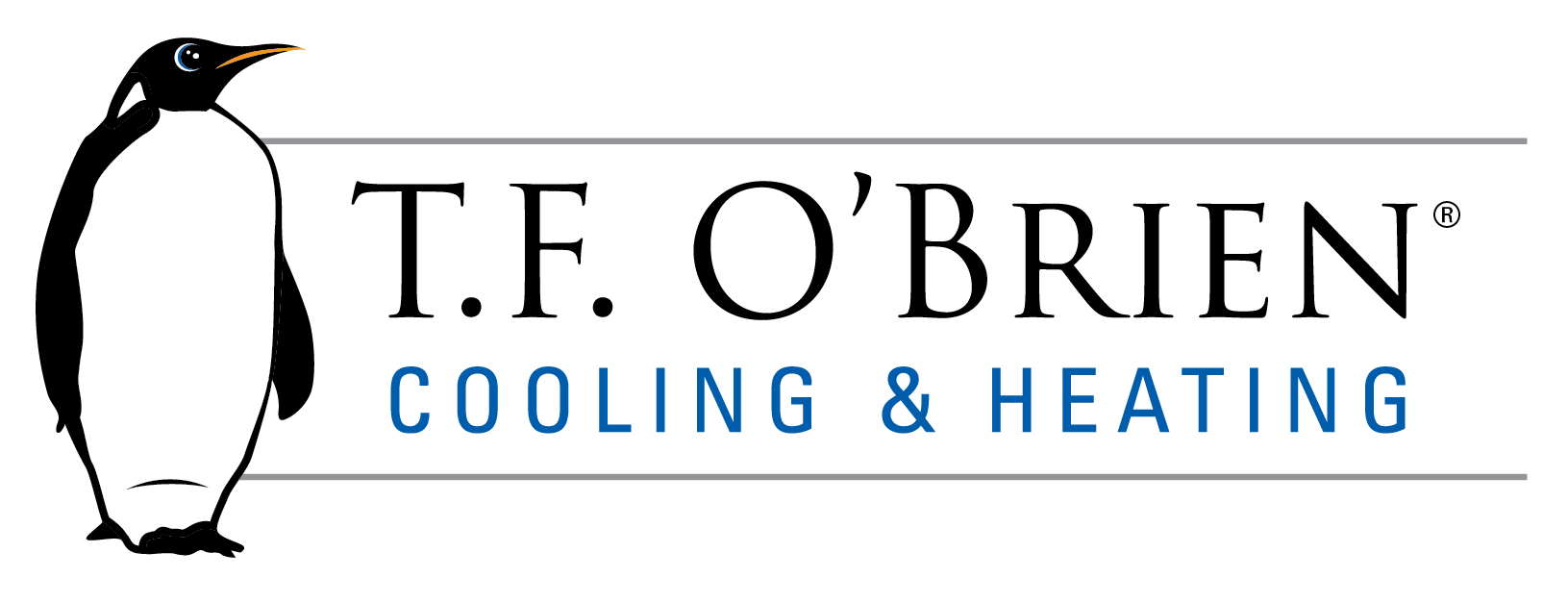 There are Some Simple Ways to Keep Your Energy Bills Down
There are Some Simple Ways to Keep Your Energy Bills Down
If you’ve resolved to adopt some energy-saving best practices, it may help to think of saving energy like making choices on a grocery shopping trip.
If you indulge by using hot water to rinse your dishes, you’ll spend money. If you turn off a light in an unoccupied room, you’ll save. There are many ways you can trim your energy bill down to size year-round.
- Scour your home for drafts, especially doors, windows and around electrical switches and outlet covers. Seal air leaks and install weatherstripping around doors and windows.
- Check the insulation in your attic and crawl space. Then consult a helpful reference guide from the U.S. Department of Energy to help you determine the right type of insulation for your Long Island home.
- In the winter months, set your heat to 68 degrees by day and 65 degrees overnight. In the summer, set your thermostat to at least 78 degrees.
- Ceiling fans provide a wind chill factor in the summer and help circulate heat in the winter. That said, they provide no value when the room is empty, so turn them off when no one’s around to enjoy them.
- Check your furnace and air conditioner filters once a month and change as necessary. Clogged filters create costly inefficiencies and can even cause your furnace or A/C to shut down.
- Open your window treatments on sunny days during the winter. The sun will warm your home, thereby reducing the load on your furnace.
- Match the water level on your washing machine to your load size and use the cold rinse cycle as often as possible.
- Clean the lint trap in your dryer before every use.
Don’t forget to stick to an annual maintenance check for your furnace and air conditioner to keep your HVAC system in top condition and to protect your investment. Annual maintenance checks often reveal minor problems that can be easily and affordably repaired before they balloon into bigger and more expensive ones.
For more information about energy-saving best practices, contact the experts at T.F. O’Brien Cooling & Heating. We’re proud to serve Long Island homeowners.
Our goal is to help educate our customers about energy and home comfort issues (specific to HVAC systems). For more information about other HVAC topics, download our free Home Comfort Resource guide.
Image via Shutterstock.com
